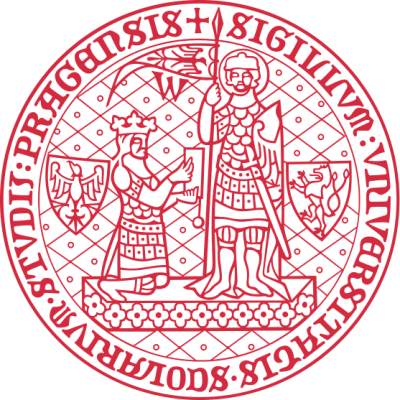
Ph.D. in Phonetics
Charles University Faculty of Arts

Key Information
Campus location
Prague, Czech Republic
Languages
Request info
Study format
On-Campus
Duration
4 years
Pace
Full time
Tuition fees
EUR 2,500 / per year
Application deadline
Request info
Earliest start date
Request info
Introduction
The language of instruction is English.
For all information about the study programme and admission procedure conditions see THIS PAGE.
Applications can only be submitted electronically using the form provided HERE.
What is the admission process for this programme?
- Contact a dissertation consultant (you can find a list of consultants according to your chosen study programme HERE) and send him/her your dissertation proposal for review.
- Submit your application for study via THE ONLINE FORM
- Applications can only be submitted until 30 April!
- In late May/early June, you will receive an Invitation to the entrance examination via the same system in which you applied.
- At a specified time in June, you will take an entrance exam. The entrance exam is oral. The maximum number of points you can score on the exam is 60. If you have a total of 30 points or more, you have a chance to be admitted - but you need to be within the expected admission number for the programme.
- In July, the admission procedure is evaluated, and the information about its result is sent to all applicants.
- Candidates who are successful in the admission procedure are subject to NOSTRIFICATION. This means that they must provide evidence of their previous Master's degree according to the conditions listed HERE.
- Those who have properly documented their previous education and language skills may attend the enrolment in the study, which takes place in September.
Admissions
Scholarships and Funding
Full-time doctoral students will receive a scholarship, which is usually supplemented by other sources of income, e.g. awards for participation in grant projects or remuneration for teaching undergraduates.
For information on governmental scholarships, please visit the website of the Ministry of Education, Youth and Sport (https://www.msmt.cz/eu-and-international-affairs/scholarships). Further, you may consult the following website: https://www.studyin.cz/plan-your-studies/scholarships.
Other Ph.D. scholarships can be found at: https://www.cuni.cz/UKEN-72.html and http://www.cuni.cz/UKEN-68.html
Program Tuition Fee
Career Opportunities
Graduates have in-depth theoretical knowledge of the key areas related to the description of human speech and the sound patterns of Czech; in the area of the dissertation, they are very well acquainted with the current state-of-the-art, which includes the knowledge of both primary and secondary sources. They are able to reflect upon their branch of study against the background of general linguistic description of language. Graduates are able to pursue professional scientific work at an international level and make effective use of tools for phonetic analysis and statistical data processing, corresponding to their area of expertise. The doctoral program enables graduates to work as researchers and university teachers, or in the specific area related to their dissertation.